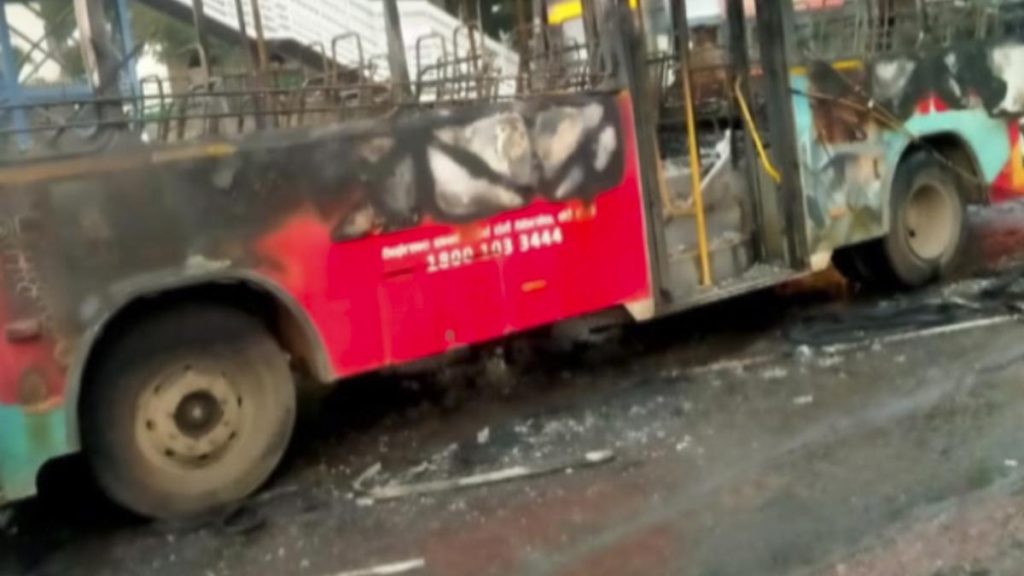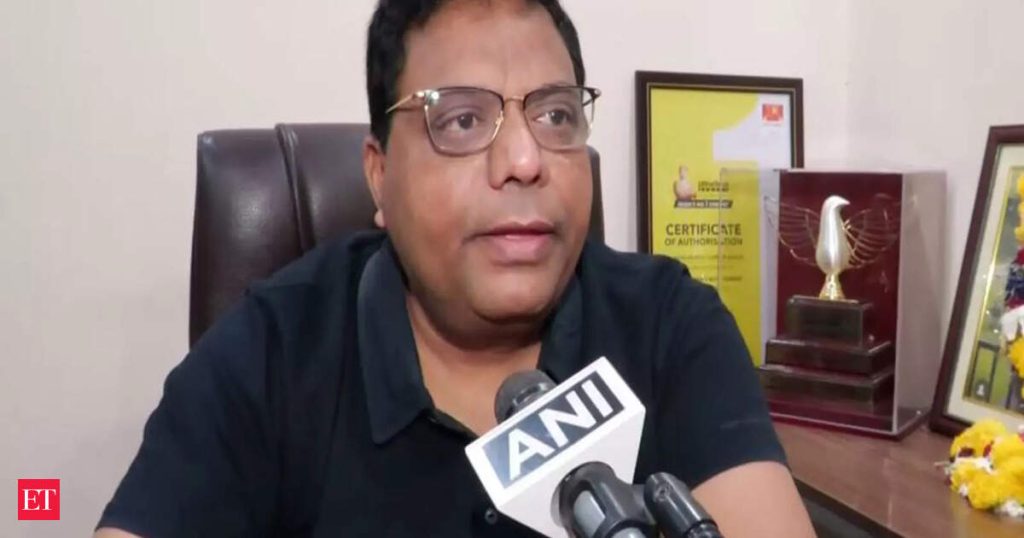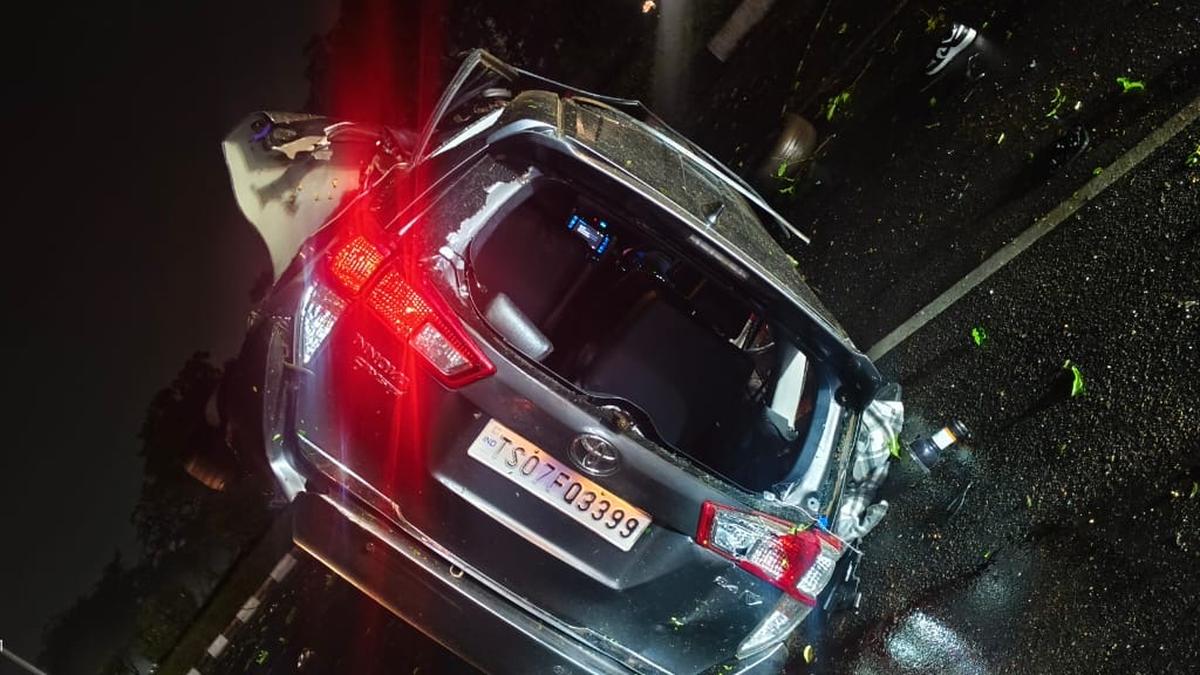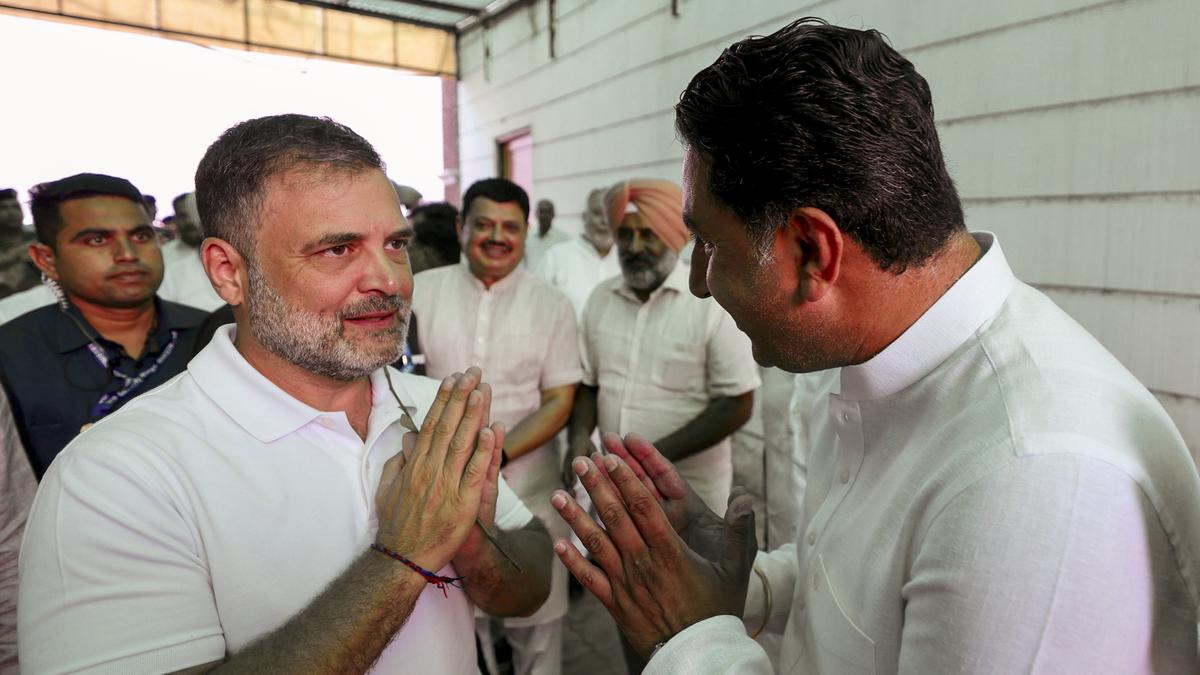Now Reading: Farmers in Karnataka Skip Second Crop, Governments Face Criticism
-
01
Farmers in Karnataka Skip Second Crop, Governments Face Criticism
Farmers in Karnataka Skip Second Crop, Governments Face Criticism
Rapid Summary
- Lakhs of farmers in the Tungabhadra reservoir command area are unable to cultivate a second crop this year due to faulty crest gates and lack of government action.
- Seven crest gates have jammed, limiting the reservoir’s storage to 80 tmcft rather of its full capacity of 105.788 tmcft.
- Karnataka Minor irrigation Minister N.S. Boseraju confirmed the gate issues, while Deputy CM D.K. Shivakumar announced farmers would not receive water for the second crop this year.
- Farmers from Raichur, Koppal, and Ballari protested outside the Tungabhadra Command Area Development Authority office over alleged government negligence in resolving gate problems.
- A senior farmer leader highlighted that nearly 8 lakh acres depend on tungabhadra waters and warned about impacts on farming communities reliant on irrigation and related livelihoods.
- Crest Gate No. 19 had failed in August 2024,temporarily resolved by installing a stop-log gate; experts previously urged replacing all old gates but no extensive work has been done yet.
- The dam’s silt accumulation has reduced its original capacity by nearly 27 tmcft from its design levels, further limiting water security.
- Plans for building a balancing reservoir near Navale remain stagnant due to lack of consensus among states involved.
Indian Opinion Analysis
The ongoing crisis at Tungabhadra highlights critical issues in infrastructure maintenance and governance affecting India’s agrarian economy. Damaging consequences stem both from technical failures-such as jammed crest gates-and administrative inertia despite expert warnings after past incidents like Crest Gate No. 19’s failure last year.
While natural disasters ofen challenge agriculture nationwide, here it is governmental oversight that has disrupted irrigation access for lakhs dependent on these waters across Karnataka, Andhra Pradesh, and Telangana. The long-standing neglect around structural modernization-including silt removal or replacement efforts-underscores systemic vulnerabilities within multi-state water management projects like Tungabhadra.
For India’s agricultural stakeholders already facing challenges ranging from climate variability to rising input costs, such avoidable disruptions threaten productivity across interconnected rural economies-including farm laborers and service providers like rice mill operators or tractor owners.
Efforts at resolution must emerge swiftly through coordinated action involving both state governments and Union-appointed boards overseeing shared resources-in line with past cooperative frameworks established during historic joint ventures like this project itself.



























